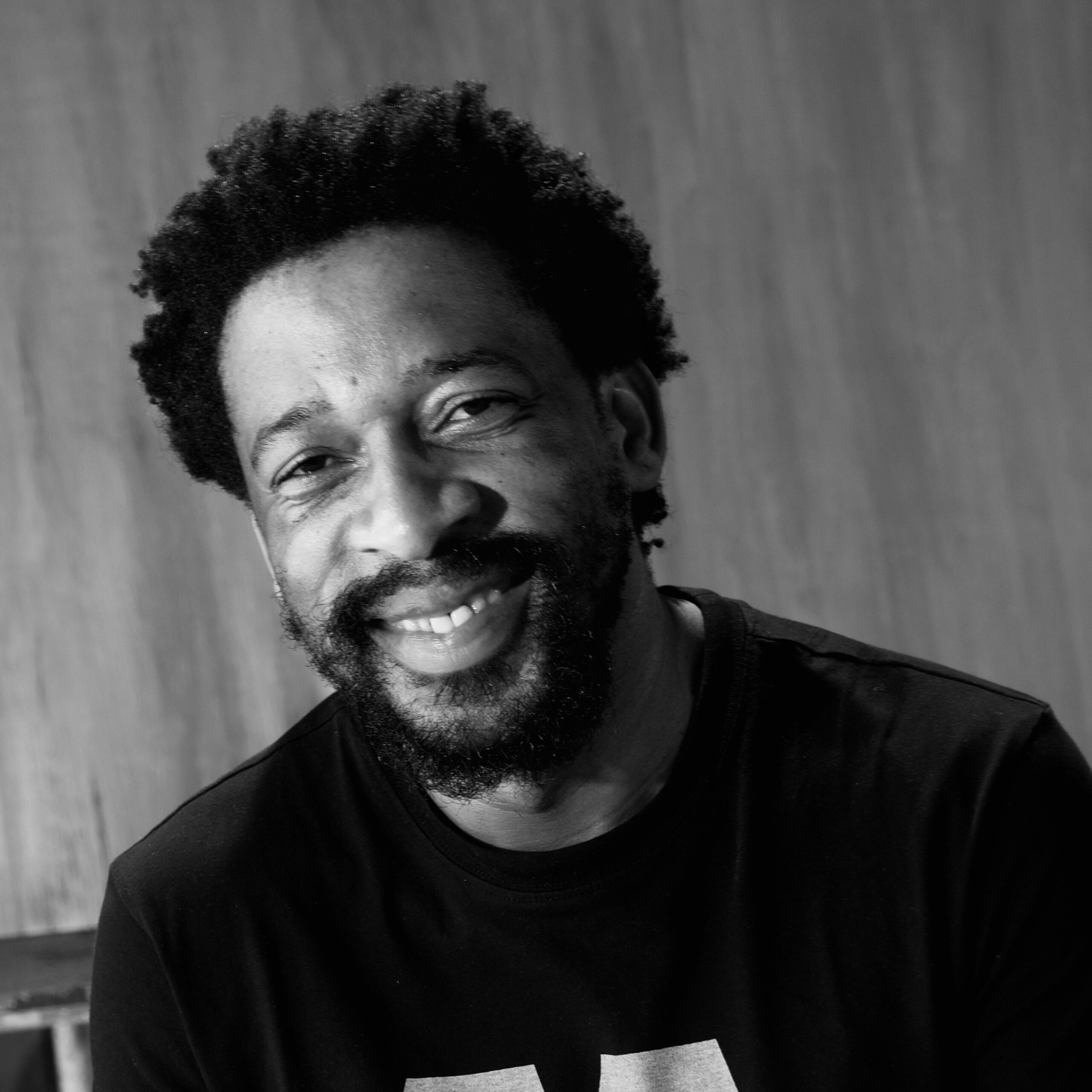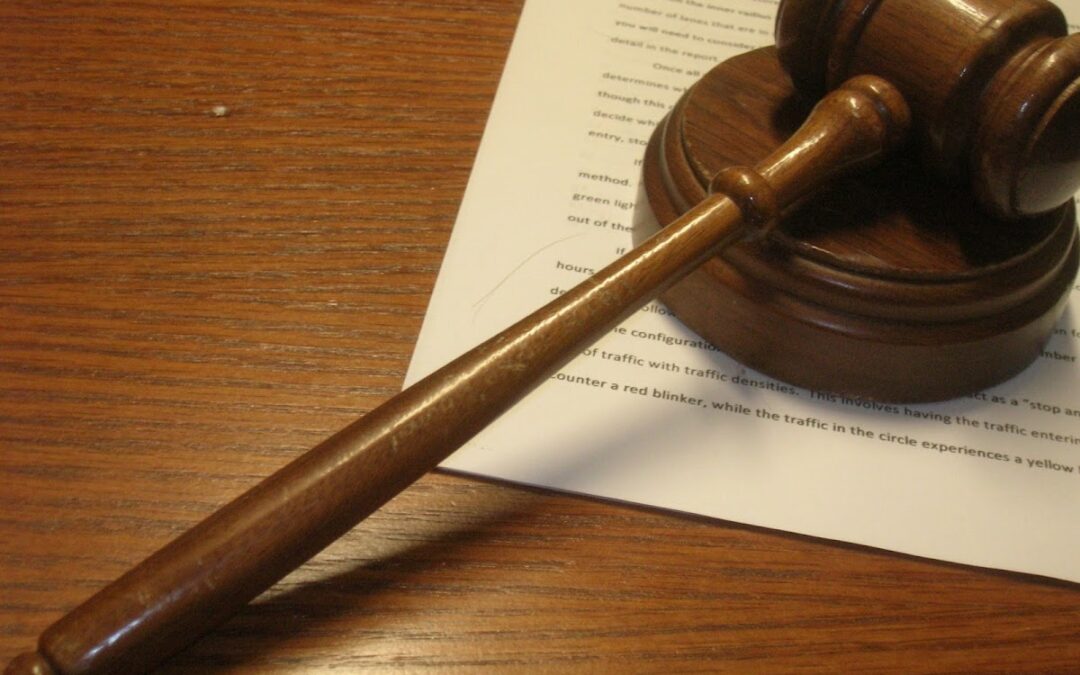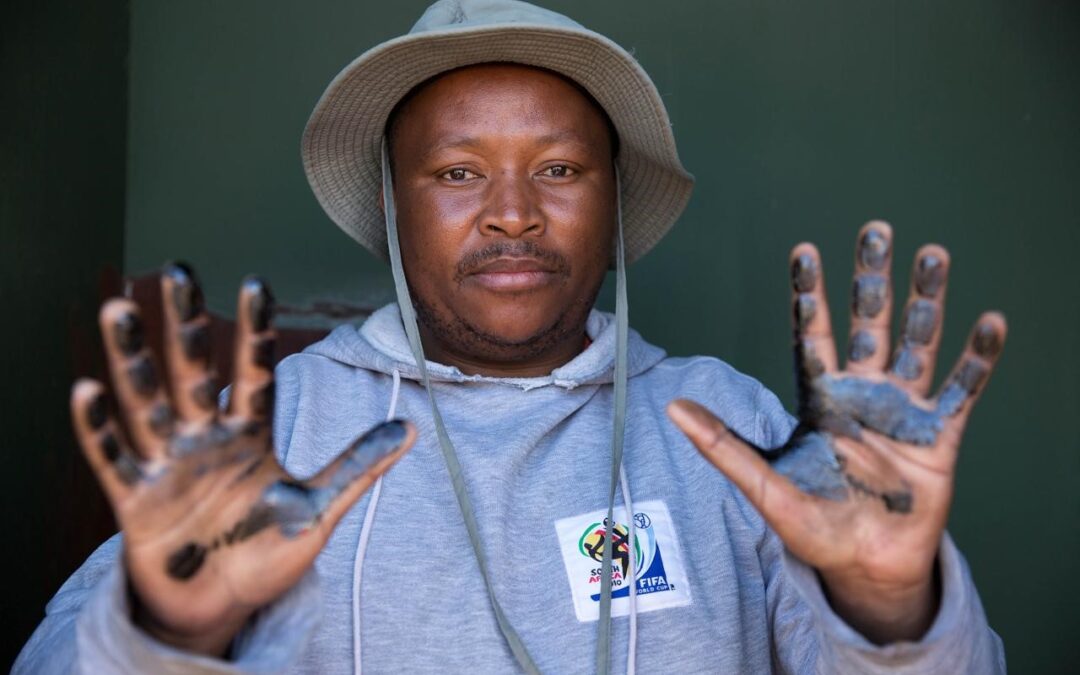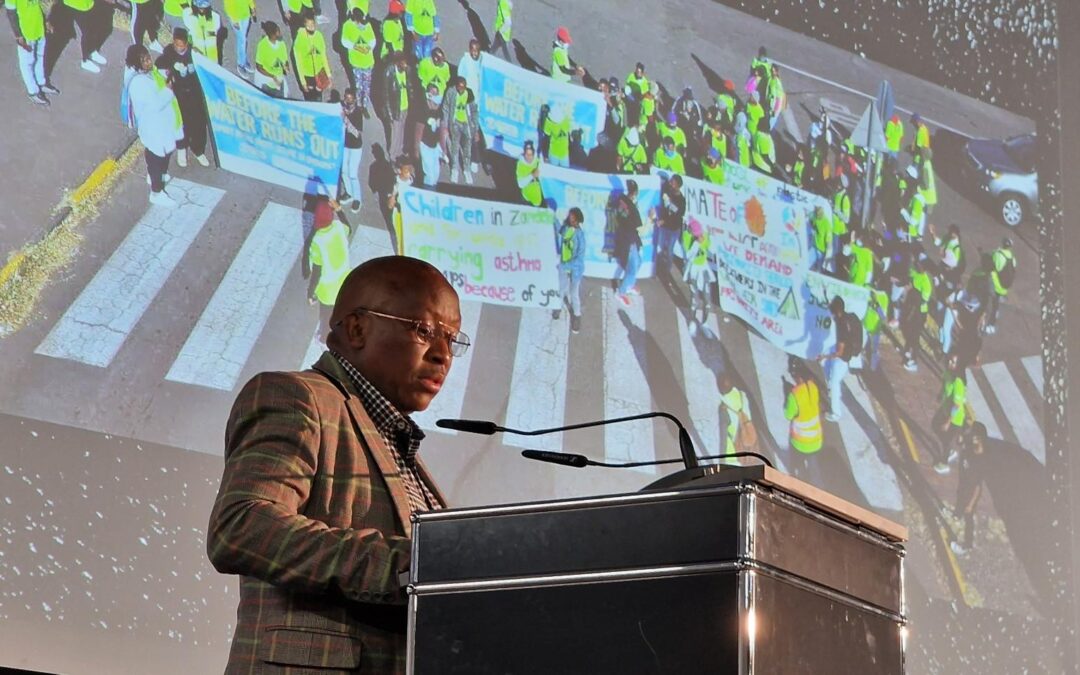
Tsepang Molefe
Two years ago, a French court found French oil and gas major Total guilty of bribing a foreign public official in Iran. The crime is said to have happened between 1997 and 2004. For this very serious and familiar criminal offence between big corporates and government, the company was fined €500,000. A very soft slap on the wrist considering the profits the oil giant rakes in year in and year out.
In another similar case in the U.S. Total settled a $245.2 million fine in 2013. The charges were related (as you may have guessed) to corruption and bribery, to obtain valuable oil and gas concessions. According to the U.S. Justice Department, the charges were related to violations of the Foreign Corrupt Practices Act in connection with illegal payments made through third parties to a government official in Iran. The court found that Total mischaracterized the unlawful payments as “business development expenses” when they were, in fact, bribes designed to corruptly influence a foreign official.
By all historical facts and current developments, Total SA seems to be going the opposite direction, away from their ambition to become the responsible energy major, as they put it.
Early last year, president Cyril Ramaphosa, gleaming with excitement, officially announced to the nation Total E&P South Africa (TEPSA)’s South African offshore discovery. TEPSA, the South African arm of Total, said it had made a significant gas condensate discovery after drilling its Brulpadda prospects on Block 11B/12B in the Outeniqua Basin.
On the 12th of August minister of Minerals Gwede Mantashe acknowledged the arrival and offered a warm welcome to the Deepsea Stavanger in Cape Town, an oil and gas drill rig commissioned by Total. The 43,708-ton rig has left Mossel Bay and is currently on its way to spud the Luiperd well 110km south of Knysna.
“This is in the middle of vast breeding and feeding grounds for all kinds of marine creatures, which support our lives and livelihoods. The impacts of drilling waste, leaking wells or even a blowout will be felt by all South Africans, Mozambiquans and Namibians”. – Judy Bell, Frack-Free South Africa.
Furthermore, the public participation process did not include fishing communities and people living and working in the affected coastline.
“Total must not take advantage of the State of Disaster to fast track authorisations through lack of consultation and transparency. Total has failed to reveal the true results of its Brulpadda well findings and accidents reports of earlier drilling failures. It has failed to make financial provision for abandoned wells, blowouts and disasters, which would fall onto South Africa. It has failed to consider the needs and desirability in a transition to a low carbon economy and the impacts of fossil fuels on South Africa’s extremely high Green House Gas emissions.” – Avena Jacklin, Climate and Energy Justice Campaign Manager, groundWork.
President Ramaphosa this week committed to acting swiftly to significantly reduce carbon emissions and adapt to the effects of climate change. Oil and gas companies are responsible for 71% of global carbon dioxide emissions and risk losing $2.2trn on stranded assets by 2030. The repercussions of oil leaks and spills could devastate the Southern African fishing industry and our shores as we have witnessed in Mauritius. Total and its contracting vessels have not committed to covering the economic costs of clean-up operations and compensations for impacts on ecosystems and livelihoods. South Africa cannot afford the risk that Total brings to our country.
As the corruption and unethical behaviour of South African government officials continues to be uncovered, civil society and journalists raised alarm bells to corrupt procurement of floating gas to energy last week. According to Turkish gas company Karpowership, Sonnyboy Bapella Chief Directorate of Compliance of the Department of Environmental Affairs Fisheries (DEFF) and Forestry issued a verbal directive on the 26th of June to procure ‘emergency power’ when in fact the country’s energy consumption was low and there was no emergency. The wrong legislation was used to procure energy and energy procurement is not the responsibility of DEFF. We will have to keep a watchful eye on how energy is procured and who the true beneficiaries are of these projects. As the rot of corruption continues to spread and deepen one needs not to use imagination to predict how this story might end.
All this is happening at the backdrop of the finalization of the Upstream Petroleum Bill, apparently this piece of legislation will strike a much needed balance between the need to attract investment for the oil and gas sector and also making sure that oil and gas activities are not done at the cost of the environment and water resources.
So here is what we have, oil discoveries that are set to cause destruction on the environment, a multinational corporation with a tainted track record, and a government that has failed to decisively deal with corruption – it is a match made the hell.
Tsepang Molefe is the Media, Information, and Publications campaign manager at groundWork, Friends of the Earth SA.
This opinion piece appeared in the Pretoria News. You can view/download a press-clipping here, or view this opinion piece as a standalone webpage here.



